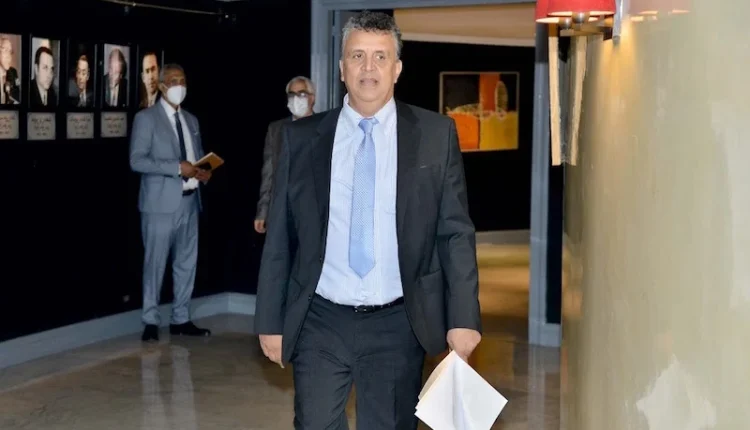« Political crimes and child’s protection » is the new title of a book published by Mr. Abdellatif Ouahbi, Minister of Justice. The book includes 348 pages and talks about the concept of political crime and its relations with children. The book also includes an addendum about the report issued by the Parliamentary fact-finding commission in charge for investigating the conditions of Moroccan stranded in hot spots such as Syria and Iraq.
Ouahbi sees that “it’s a strange coincidence that children have become entangled in the depth of political conflict; yet victims of political crimes in its broad meaning, though children are in general far from political differences since they have neither right for voting nor in political participation”.
Minister Ouahbi considers that “international public opinion, including institutions, is focusing more on that prevailing condition, which has started to disturb international legislature, and incite it to establish new international regulations to limit the negative impacts of political crimes on children”.
Minister of Justice also sees that “children have become part in many political crimes witnessed by modern community despite their weaknesses; yet children represent a catastrophic human condition, as a result of the growing of political crimes across the world”, considering that “this fact becomes clear through absence of children protection from those crimes in legislature literature at the nations’ level until a short period of time”.
The author confirms that this book is a social, legal and institutional approach. It intends to gather many approaches vis-à-vis the topic of children’s relation with political crimes. It starts from social diagnosis of the phenomenon reality to outline legal complexity to be handled at various levels. The book comes to the conclusion of finding possible solutions, at the institutional level, by presenting the role being played by the House of Representatives, through its fact-finding commission which was created regarding the problem of Moroccans stranded in both Syria and Iraq, a commission which was chaired by Ouahbi himself. The book has presented many recommendations for the repatriation of all stranded children.
The book includes two major parts: Social and legal part which focuses on methodic, scientific and analytical aspects; the other part is institutional presenting efforts done by the Moroccan House of Representatives for an active intervention to make an end to the suffering of Moroccan children and their mothers in hot spots such as Iraq and Syria.
The first part is made up of five chapters attempting to tackle extremism at different levels from theoretical and legal point of view. The first chapter talks about problem of searching, its goals and political hypothesis; while the second chapter deals with defining political crimes among jurists and judges.
In the third chapter, Mr. Abdellatif Ouahbi discusses political crimes at the national and international levels while the fourth chapter is about measures and mechanism to activate international law in the context of fighting political crimes.
The fifth chapter discusses children’s relation with political crimes and means for their protection; and a presentation of the optional protocol for children rights’ agreement.
The second part is about the fact-finding commission created by the House of Representatives about Moroccans stranded in Syria and Iraq; the fact which Ouahbi considers as beneficial in getting informed about efforts deployed by the legislative institution and which will contribute to bring to an end the suffering of those children and their families.


